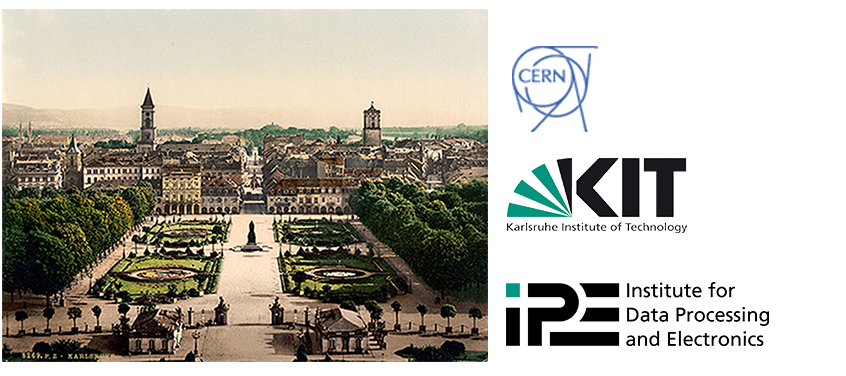Speaker
Description
ALICE is the detector at the CERN LHC dedicated to the study of strongly interacting matter. The collaboration plans a major upgrade of the detector in RUN3. The interaction rates will increase to about 50 kHz for Pb-Pb and few hundred kHz for pp. The aim of the ALICE trigger system is to select essentially all of these interactions.The events are read out and the event records are sent to the HLT farm for further filtering. The combination of continuous readout detectors and a minimum bias trigger is used. The overview of the ALICE trigger system is presented.
Summary
ALICE trigger system in RUN3
R.Lietava for ALICE collaboration
ALICE (A Large Ion Collider Experiment) is the detector at the CERN LHC dedicated to the study of strongly interacting matter. The ALICE collaboration plans a major upgrade of the detector during long shutdown 2, which is at present foreseen to start at the end of year 2018 followed by Run 3 starting in year 2021.
In Run 3 the interaction rates will increase to about 50 kHz for Pb-Pb, and few hundred kHz for pp and p-A. The aim of the ALICE trigger system is to select essentially all of these interactions; the events are then read out and the event records are sent to the HLT farm for further filtering. To achieve this, the combination of continuous readout detectors and a minimum bias trigger based on the new forward detectors is used, with a few additional inputs to allow for cosmic triggers and calorimeter based triggers to enhance rates for some types of events where the minimum bias trigger is inefficient. The overview of the ALICE trigger system is presented.
